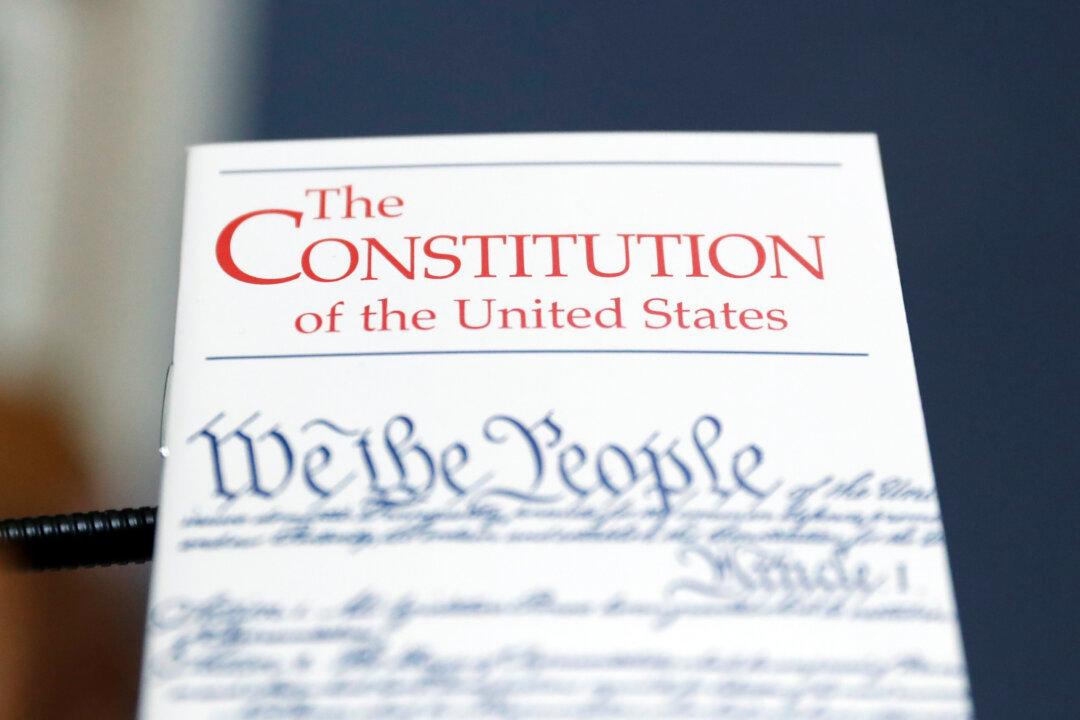Commentary
It’s hard not to notice that in the United States, political arguments frequently turn on questions that, in other democracies, nobody talks about. What are the powers of the legislature? What may the executive do? What can the states do without begging permission from the national government? Why can’t an idea popular with the public become a law?



